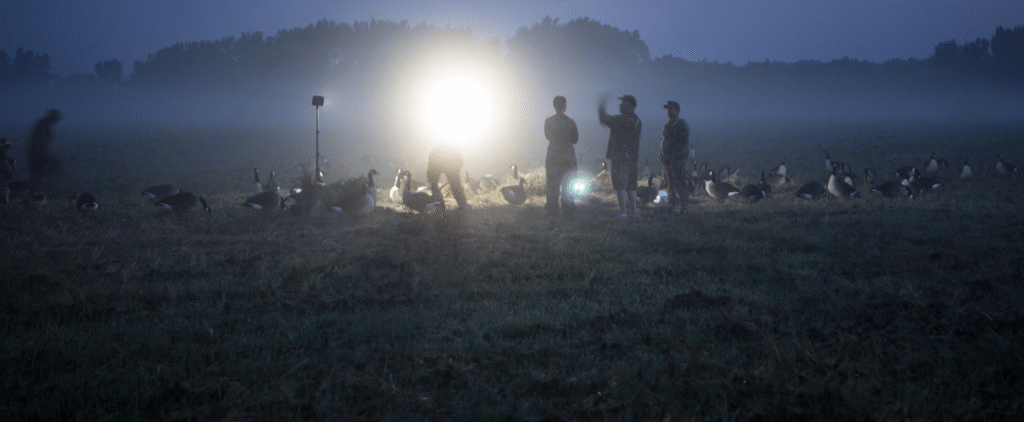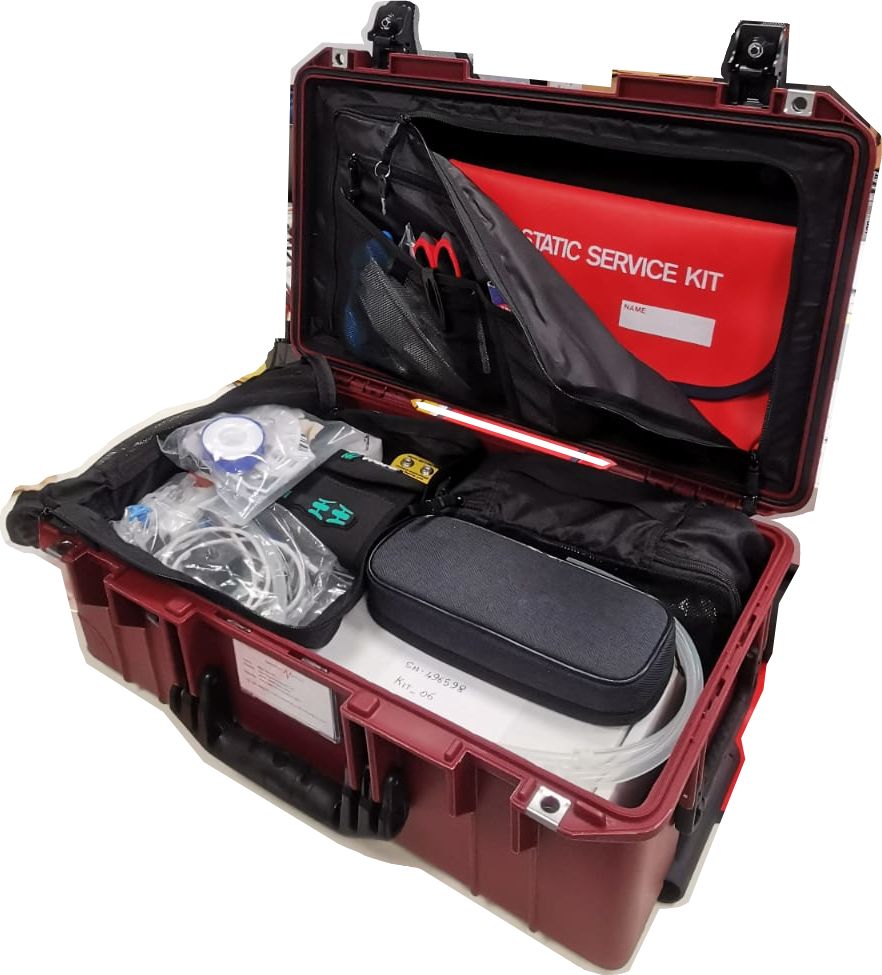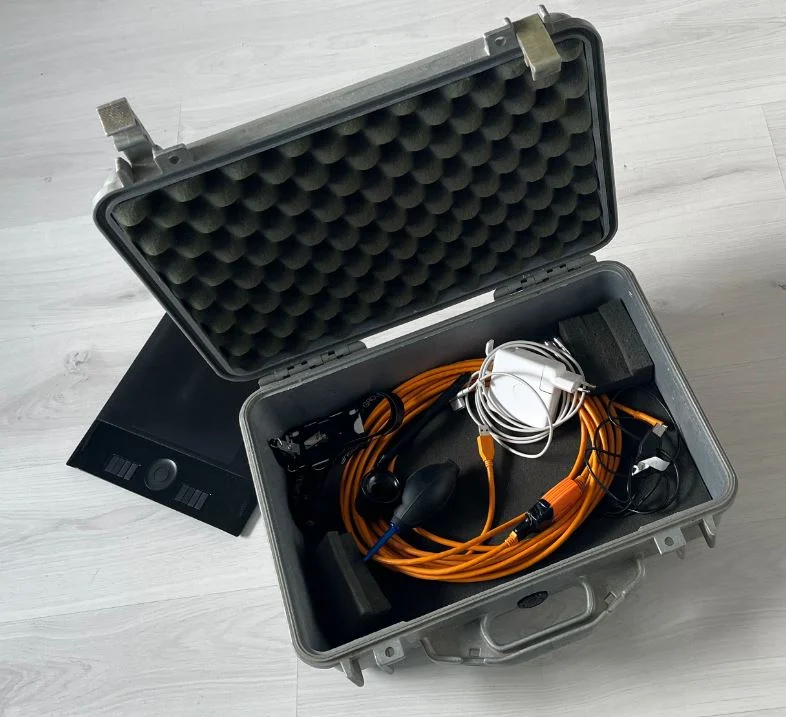Find out more about hunting, what it involves, its benefits to economies as well as conservation and wildlife management, and what you should bring with you if you are planning on going on a hunting trip.
What is hunting?
Hunting is the practice of seeking, pursuing and killing wild animals and birds. These animals are usually referred to as game. The practice is generally done for various reasons such as for meat, recreation, to remove predators from an area that can be dangerous to other humans or pets, to eradicate pests that damage crops or kill livestock and sometimes for trade.
Benefits of hunting
Governments support hunting in general and although hunting animals may seem a bit gruesome, and tends to get a bad rap, it is an age-old practice that still has a number of benefits to conservation and wildlife management as well as economies.
Conservation and Wildlife Management and the Environment
Experts say that contrary to what you might think, hunting is actually very good for the environment as it contributes greatly to wildlife conservation and management. Overpopulation of some animals can be both detrimental to human activities but also to the populations of other animals and plant life in a given region. Hunting contributes to keeping the population of certain animal species manageable to sustain human activity and habitat resources for other wildlife. Hunting is regulated by seasons and limits, thus animal populations are rarely overhunted.
Through the purchasing of licenses to hunt as well as paying taxes on equipment that hunters use, research programs on habitats and wildlife as well as forest management and wildlife law enforcement is paid for. This helps both hunted and non-hunted wildlife species thrive. Hunters have even been known to lobby local and federal governments to increase taxes and fees for licenses to aid in the funding of conservation efforts.
In addition to the above, through their hunting activities, hunters as well as their families and friends tend to learn a lot about nature, conservation and the safety of wildlife. Research has shown that those that participate in outdoor recreation activities such as hunting have a higher ethical drive toward conservation, recycling and environmental sustainability to preserve the planet.
Hunting and the Economy
Hunting also provides benefits to local economies that otherwise may not be able to sustain themselves. During the hunting season, hunters traveling to hunting areas support myriad jobs that are related to things such as hunting licensing, equipment, gear and trip planning. When hunters arrive to the local communities, they eat in local restaurants, sleep in local hotels, spend money on petrol, and much more. This props up local economies massively and benefits those that live permanently in these areas by creating jobs and income for others.
Hunting Gear Checklist
So, let’s say you want to go out on a hunt. What exactly will you need? Although this is not an exhaustive list, there are a few essentials you should definitely bring with you. Let’s take a look.
Water
This probably goes without saying, but your survival depends on having enough water. You have various options when it comes to this, large water bladders or stainless-steel water bottles. You can also bring with you compact water filters or even use iodine tablets to purify water found out in the wild.
Food
In addition to water, food is also pretty important, especially if you are going to be out in the wilderness for an unspecified time. Although, you could conceivably eat what you catch, that’s perhaps not something to bank on, especially if you’re a beginner. Bring something like mixed nuts, trail mix, high calorie protein bars and granola bars, is probably a good shout. Especially if you are limited on space. If you aren’t too limited on space and plan on spending a few days out on a hunt, bringing a gas-fuelled portable stove is something that some hunters do to cook for themselves.
Decoys and Animal Calls:
Animal decoys and calls are imperative to attracting game. It could mean the difference between you filling your game bag or going home empty handed. Don’t make the mistake of forgetting these.
Scent Killers:
Although you may like the smell of your cologne or laundry detergent, the game you are hunting will not and they’ll smell you from a mile away. You’ll want to get a scent killing detergent to wash your clothes with before you head out on the hunt. You can also get yourself a scent killing spray to spray yourself with while on the hunt.
Sports Optics: Binoculars, Rangefinders and Scopes
Binoculars are the classic tool for hunters to scope out terrain from afar or to spot game from hundreds of yards away.
Once you’ve spotted your game, you’ll need to use a rangefinder to measure the distance to the target.
Rifle scopes, assuming you are not going bow hunting, and night vision scopes are necessary to be able to be accurate when pulling the trigger. Night vision scopes in particular are important as some of the best hunting takes place in the wee hours of the morning when the sun has yet to rise.
Weapon:
Obviously, this will depend on the type of hunting you are doing, but you’ll need a firearm of some kind, most likely a rifle, and ammunition. Bow hunting on the other hand will require exactly what it sounds like, a bow as well as arrows for ammunition.
An ideal case for a weapon and ammo is a protective case. Peli’s injection moulded indestructible cases are designed for professional applications, and includes strong rifle cases, waterproof protective pistol cases. Peli cases have passed the strictest Military tests MIL C-4150J, STANAG 4280, Def Stan 81-41 and ATA compliance cases. If you’re interested in finding out more about those click on the button below:
Apparel: Boots and Clothes
There are number of different kinds of apparel you could deem useful, but there are a few that are more important than others.
A good pair of boots is paramount. Keeping your feet dry and free of blisters as much as possible is going to make your hunt so much better. Without a good pair of boots, your hunt is likely not going to last very long. If your feet are happy, you’ll be happy. Boots can quite literally, both mentally and physically, make or break your hunt.
In addition to the boots, you’ll want to make sure you’ve packed a few extra pairs of socks. This can be useful to double up if it gets cold, or if you happen to get your feet wet, you’ll be wanting a nice new pair of dry socks to change them out.
A camouflage head net and gloves will be especially important on hunts in which you get up much closer to the game such as on turkey hunts or bow hunts. Unfortunately, as you get closer, your head or hands can really stick out to an animal, thus, to stay hidden, you’ll want some camouflage.
Rain Gear:
Don’t forget to bring waterproof apparel that will wick away water, but also perhaps a tarp to set up just in case it gets too wet and you’d like to wait for the rain to dissipate.
Pocket Knife, Skinning/Gutting Knife, Bone Saw:
Not all of these will be necessary depending on the type of hunt you’re going on, but you’ll need to bring at least a pocket knife, which are the kind of thing that always come in handy on an outdoor trip such as a hunt but are easy to overlook. Lastly of course you’ll need some kind of knife to help you field dress your game. A skinning or gutting knife is very important. While on hunts for bigger game, such as elk, a bone saw may also be necessary.
Rubber gloves:
Speaking of dressing your game, rubber gloves are a must. Not only is it a messy job, but the game you are hunting could have any number of bacteria. If you have a cut on your hand and some of the bacteria or any other foreign object from the game touches your open sore, this could make you very sick.
Game Bag or Plastic Rubbish Bags:
We almost forgot to mention that to store your game after dressing it, you’ll need to put it into what are called game bags. This are bags designed specifically to carry the meat after you’ve field dressed the game. Alternatively, you can use large plastic bin bags, if need be.
Survival kit:
Your survival kit will need to include smaller items such as matches, first aid kit, blister kit, disinfectant, ibuprofen or paracetamol and a compass.
Map:
Although you might be able to rely on technology like a GPS, you’ll probably want to keep a physical map with you of the area you plan to hunt, just in case.
License and Necessary Documents:
This one doesn’t need much explaining. You’ll need to make sure you have any official documents you need to hunt with you such as licenses. Make sure that you are licensed to hunt where you plan to hunt. Keep it in a plastic bag or other covering to keep it safe from the elements.
Headlamps and Flashlights:
Headlamps are perfect because you can keep your hands free while you carry multiple items or if you need to dress downed game at night or in the early morning hours. When it comes to headlamps, those with red or green light are a good idea because they don’t spook game. Although a headlamp is perhaps the better option here, given that it allows you to have your hands free, a flashlight is also important to take along just in case.
Portable Floodlight
Although this may not be considered an essential item, we’d be remiss if we did not mention portable floodlights or worklights. You may find that a headlamp or flashlight is just not enough light, or that a campfire is just not good enough. Some hunters have been known to take portable floodlights to light up campsites or to set up while field dressing downed game, similar to what can be seen in the image below.

If portable work lights sound preferable to you than headlamps of flashlights, click on the button below to see our full catalogue of work lights.
Ruck Cases are Ideal for Small Items:
To keep smaller personal items organized and all in one place on your hunt, an ideal solution is to utilise the Peli Ruck Case. Keep your knives, map, survival kit items, license, flashlights and keys all in one indestructible IP68 rated watertight case that is small enough to carry in your hand or stuff in a backpack. Ruck Cases are the ultimate personal utility case for your personal gear that’s crushproof, dustproof, and adventure proof. Strategic organization features and trusted Peli protection for your everyday life gear.
Backpack:
Speaking of backpacks, you’re going to want one of those, too. A good backpack could be the difference between a long fruitful hike and hunt or one that doesn’t get off the ground at all. Make sure that you find a backpack of high quality. Don’t skimp on this item, because you’re really not going to be happy if a strap or zipper breaks in the middle of a hunt. Make sure it is comfortable, has good padding and waist strap as well.
With that checklist you should be good for your next hunt. If you are an avid hunter with many years of experience or an aspiring hunter ready to go out on your first hunt, reach out to us to find out how Peli can help you to protect and transport your gear as well as always keep you out of the dark on your hunt.






